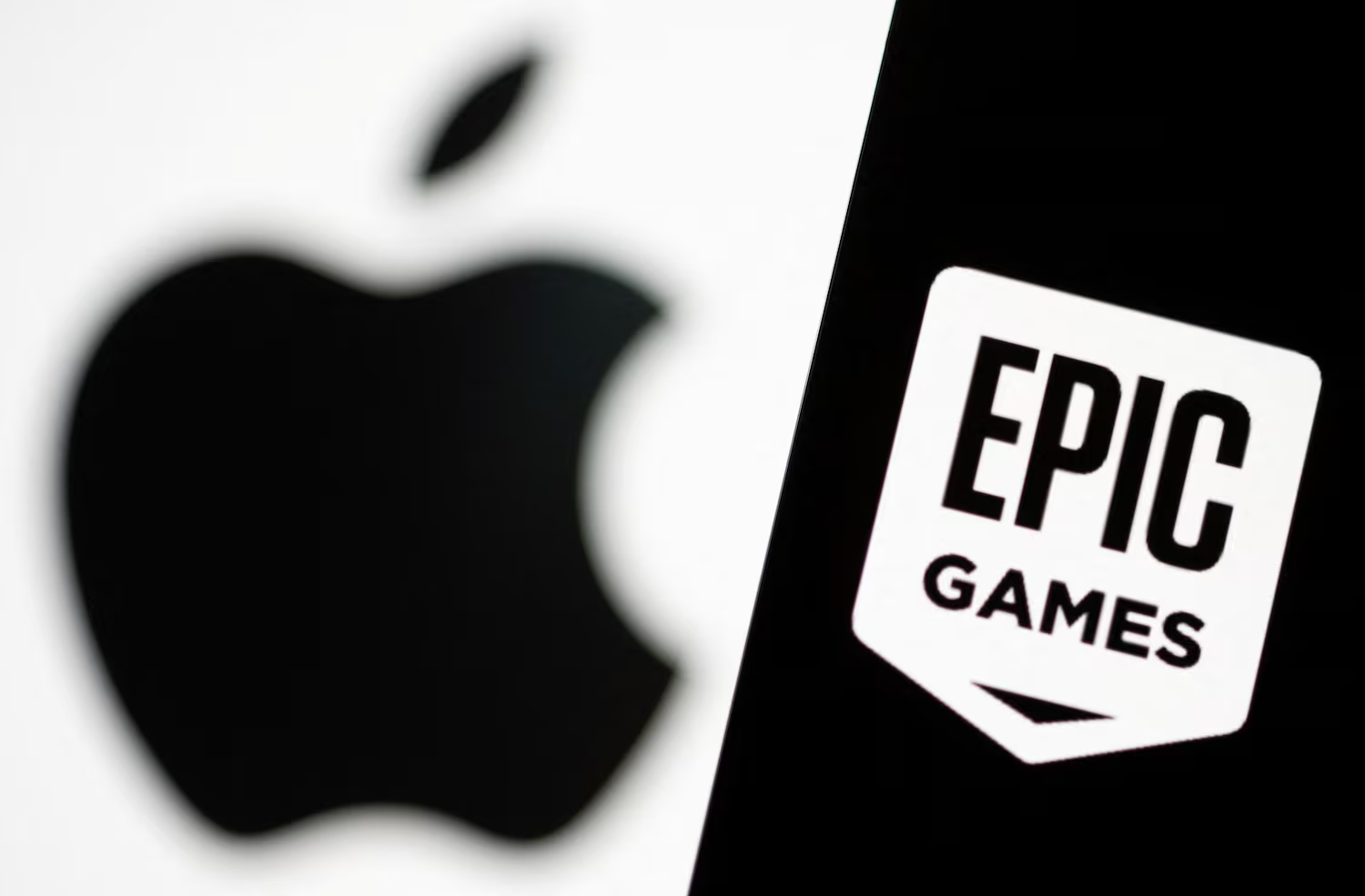Apple has greenlit the Epic Games Store for distribution on iOS devices within the European Union (EU). This decision comes just hours after Epic Games publicly complained that Apple had rejected their attempt to bring the storefront to the App Store in the EU. This rapid reversal marks a significant development in the ongoing legal battle between the two companies.
A History of Conflict: The Epic Games vs. Apple Saga
The feud between Epic Games and Apple stretches back to August 2020 when Epic introduced a direct payment system within their popular game Fortnite, bypassing Apple’s in-app purchase system and its associated 30% commission fee. This move violated App Store guidelines, leading Apple to remove Fortnite from the platform.
Epic retaliated by filing an antitrust lawsuit against Apple, accusing them of maintaining a monopoly over app distribution on iOS devices. The lawsuit highlighted concerns about Apple’s tight control over the App Store, including restrictions on third-party payment systems and limitations on app functionality.
The legal battle has garnered significant attention, with regulators worldwide scrutinizing the power wielded by tech giants like Apple and Google over app distribution.
The EU Steps In: The Digital Markets Act and its Impact
The European Union has been particularly vocal about regulating the practices of large technology companies. The recent Digital Markets Act (DMA), which came into effect in November 2023, specifically targets gatekeepers – companies with a dominant position in a digital market. The DMA aims to promote fair competition and innovation by prohibiting gatekeepers from engaging in certain practices, including:
- Forcing app developers to use their in-app purchase systems
- Restricting developers from offering lower prices elsewhere
- **Bundling their own apps or services with the operating system
Apple’s previous rejection of the Epic Games Store on iOS in the EU could be seen as a violation of the DMA’s anti-steering provisions. Epic’s public complaint, strategically timed to coincide with the implementation of the DMA, likely played a role in Apple’s rapid reversal.
Beyond the EU: Global Implications and the Future of the Lawsuit
While this approval applies only to the EU for now, it sets a significant precedent. Here’s a look at the potential implications:
-
Pressure on Apple Globally: Regulators in other countries might be emboldened by the EU’s stance, potentially pressuring Apple to loosen its App Store restrictions worldwide.
-
Impact on the Lawsuit: The EU’s decision could strengthen Epic Games’ legal case against Apple, particularly concerning their allegations regarding anti-competitive practices.
-
A Domino Effect for Other App Stores: Other app store operators, like Google Play, might face similar scrutiny regarding their in-app purchase policies.
However, significant hurdles remain:
-
The Legal Battle Continues: Despite the EU approval, the broader legal battle between Epic Games and Apple continues. A final verdict could take years and have far-reaching implications for the entire app store ecosystem.
-
Apple’s Potential Appeal: Apple might choose to appeal the EU’s decision, arguing that their App Store policies are necessary to maintain a secure and curated user experience.
The coming months will be crucial in determining the ultimate outcome of this legal battle. The EU’s intervention serves as a reminder of the growing scrutiny tech giants face regarding their control over app distribution.
A Glimpse into the Future: A More Open App Store Ecosystem?
The Apple vs. Epic Games saga has reignited discussions about the future of app stores. Here’s what this case might mean for the industry:
-
More Choice for Users: Users might benefit from a more open app store ecosystem, with the possibility of accessing apps and games through various storefronts, not just the one provided by the device manufacturer.
-
Lower Prices for Consumers: Increased competition among app stores could lead to lower in-app purchase fees, potentially benefiting consumers by reducing the cost of digital goods and services.
-
A Balancing Act for App Stores: Striking a balance between maintaining a secure and curated app environment while fostering innovation and competition will be a challenge for app store operators.
The future of app stores remains uncertain, but the outcome of the Epic Games vs. Apple lawsuit will undoubtedly play a significant role in shaping this landscape. This case has the potential to pave the way for a more open and competitive app market, ultimately benefiting users, developers, and the tech industry as a whole.
















Add Comment